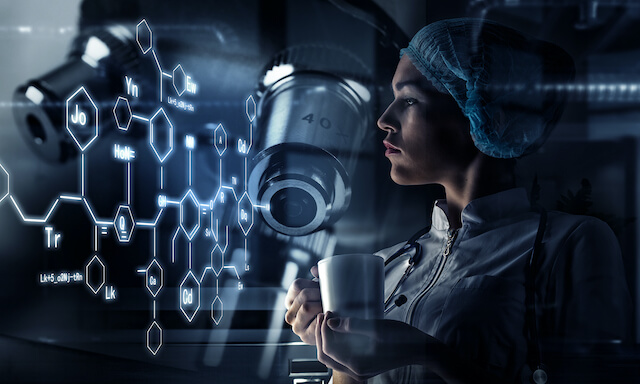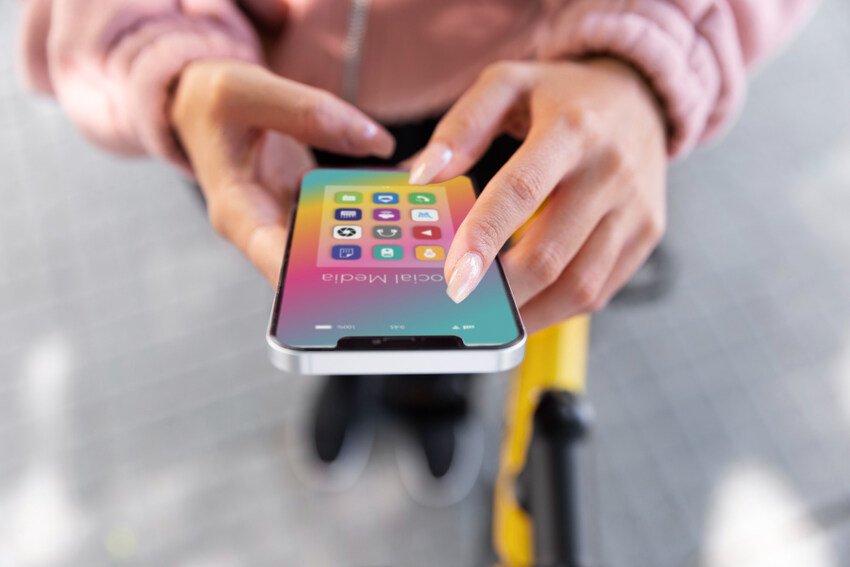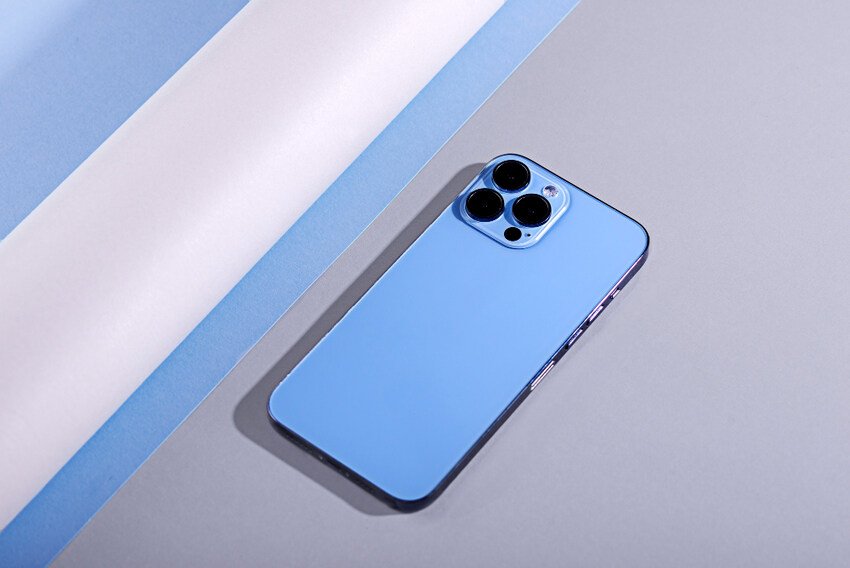Not everything about good healthcare is always based on having the newest technology available to you. Physicians who actually listen to their patients and communicate well with them and their staff in return, not to mention the promotion of exercise and getting enough sleep make for better health and better overall healthcare without a technological component. However, the world of medicine is advancing in leaps and bounds, and in the decade ahead, technology will play a role in delivering better care to more people than ever before. The trends below are all poised to be part of that.
The Rise of Telehealth
Telehealth, which provides the ability to have a consultation with a medical professional without leaving your home, has been growing in popularity for a while. Sometimes, it simply means a quick conversation with a nurse to find out whether a particular cluster of symptoms merits a trip to the doctor. At other times, it can be used for check-ins after surgery or to reach people in remote areas. Sometimes, it can even be an advantage to those who need a medical certificate as an Online Doctor can write medical certificates for patients when they have a video consult and provide the doctor with the necessary information.
It can also be used to make it more convenient for those who might be less likely to visit a healthcare professional. For example, college students might be more comfortable engaging with healthcare technology and may prefer using telehealth. This can also allow medical professionals to serve more people in a shorter amount of time. If tests or other physical examinations are necessary, an appointment for an in-person checkup could be made. You can review a guide on how telehealth can be the right choice for colleges and universities.
Use of Drones
Drones may become increasingly useful in getting much-needed supplies from one location to the other. This could happen between busy urban hospitals, but like telehealth, it may also be of particular benefit to people in rural areas. In other countries, where there may be populations that are particularly remote and conditions that make overland travel difficult, drones could be used to deliver medicine and other needed supplies. Drones could also be useful in emergency situations, delivering first aid kits, water, and food.
The Use of Artificial Intelligence
Artificial intelligence is already increasingly used in medicine and is poised to take a larger role. AI may be increasingly used in reviewing CT scans and other tests for cancer because it is less likely to miss signs of cancer or to cause false positives. AI is also capable of gathering and analyzing vast amounts of data. For example, it can scan all the scientific papers published in medical journals over a certain period of time and make additional connections that identify the relationship between genes, disease, lifestyle, and other factors.
With permission, AI can gather information from wearables, such as on nutrition, eating habits or exercise, and aggregate it for use in studies. AI may have a number of other applications in the future, such as being able to identify certain drug interactions with access to electronic health records. However, there may be data privacy and ethical issues to solve before its full potential can be realized.
Read Dive is a leading technology blog focusing on different domains like Blockchain, AI, Chatbot, Fintech, Health Tech, Software Development and Testing. For guest blogging, please feel free to contact at readdive@gmail.com.





